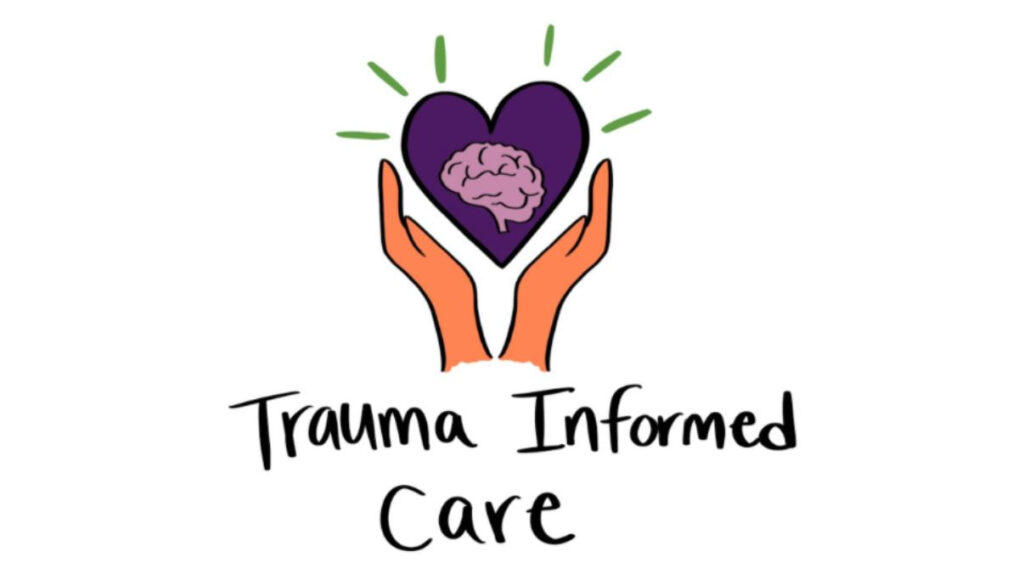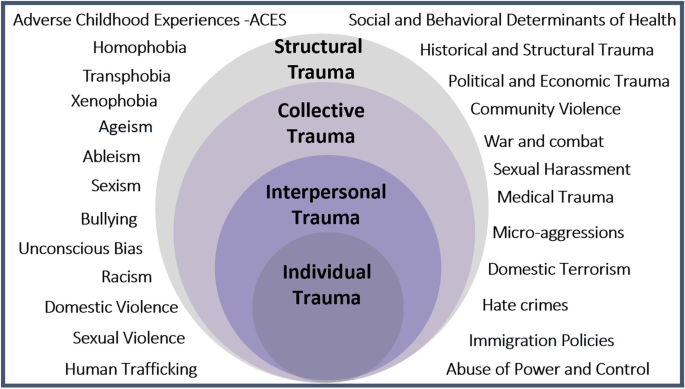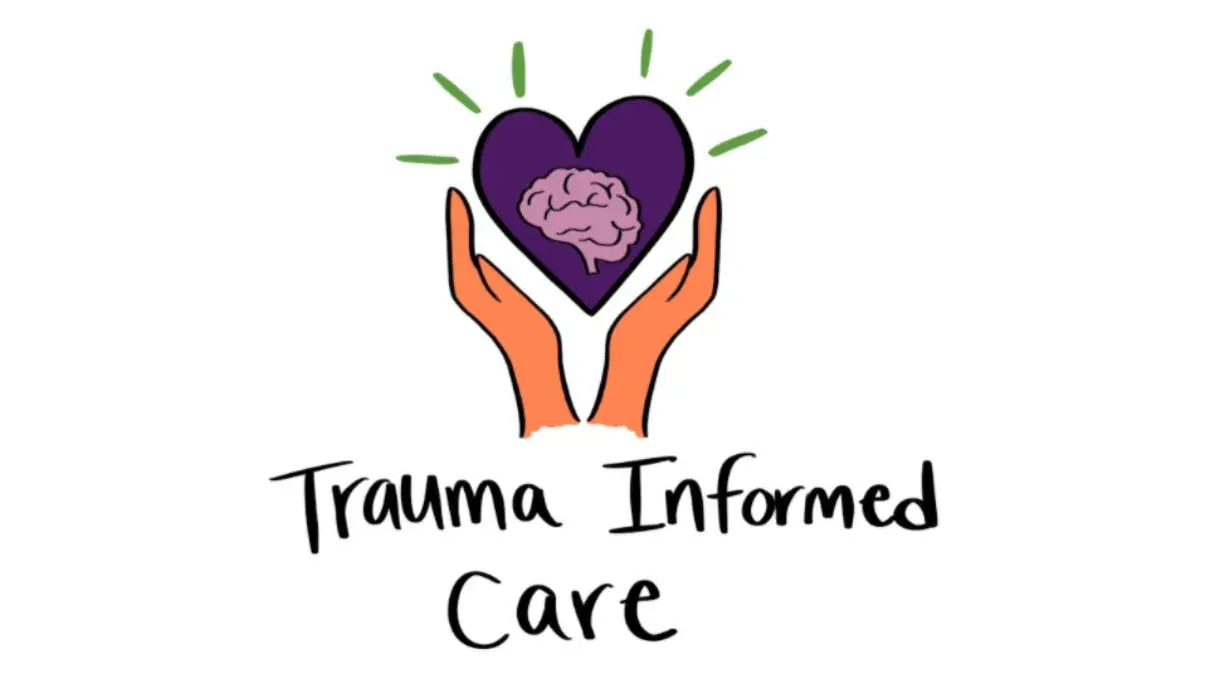Trauma-Informed Care in 2024: Why It Matters More Than Ever
Learn how Trauma-Informed Care (TIC) is transforming mental health treatment in 2024 by focusing on understanding and addressing the impact of trauma on individuals. Discover its key principles, benefits, and why it’s crucial for both patients and practitioners.

Image Credit/https://strongertogetherspringfield.weebly.com/
- Care
- The Core Principles of Trauma-Informed Care
- Why Trauma-Informed Care is Crucial in 2024
- How Trauma-Informed Care is Implemented
- The Benefits of Trauma-Informed Care
- Challenges and Considerations in Trauma-Informed Care
- FAQs on Trauma-Informed Care
- Conclusion: The Future of Trauma-Informed Care
1. Introduction to Trauma-Informed Care
Trauma-Informed Care (TIC) is an approach in mental health that acknowledges the widespread impact of trauma and integrates this understanding into all aspects of care. It shifts the focus from asking “What’s wrong with you?” to “What happened to you?” and recognizes that trauma can have lasting effects on an individual’s mental, emotional, and physical well-being.
2. The Core Principles of Trauma-Informed Care
Trauma-Informed Care is guided by several core principles:
- Safety: Ensuring that both patients and staff feel physically and psychologically safe.
- Trustworthiness and Transparency: Building trust through transparency in decision-making processes.
- Peer Support: Incorporating peer support and mutual self-help to promote recovery.
- Collaboration and Mutuality: Emphasizing partnerships between staff and patients.
- Empowerment, Voice, and Choice: Recognizing individuals’ strengths and supporting their autonomy.
- Cultural, Historical, and Gender Issues: Addressing the influence of cultural, historical, and gender contexts in care.
3. Why Trauma-Informed Care is Crucial in 2024
In 2024, the importance of Trauma-Informed Care is more apparent than ever due to the lasting effects of the COVID-19 pandemic, social unrest, and widespread societal changes. With an increasing number of people experiencing trauma, TIC offers a compassionate and effective approach to mental health treatment. This approach is crucial for improving patient outcomes and ensuring that care is delivered in a way that minimizes re-traumatization.
4. How Trauma-Informed Care is Implemented
Implementing Trauma-Informed Care involves:
- Training: Educating staff on the impact of trauma and the principles of TIC.
- Environment: Creating a physical and emotional environment that promotes safety and healing.
- Policies and Procedures: Revising policies and procedures to be more trauma-sensitive.
- Patient Engagement: Actively involving patients in their care and respecting their choices.
5. The Benefits of Trauma-Informed Care
The benefits of Trauma-Informed Care include:
- Improved Patient Outcomes: By addressing trauma, patients experience better mental health outcomes.
- Increased Patient Engagement: Patients are more likely to engage in their treatment when they feel understood and supported.
- Reduced Re-Traumatization: TIC minimizes the risk of re-traumatization during treatment, leading to more positive experiences in care.
6. Challenges and Considerations in Trauma-Informed Care
While TIC offers many benefits, there are challenges to its implementation:
- Training Requirements: Comprehensive training is necessary, which can be resource-intensive.
- Systemic Change: Implementing TIC may require significant changes in organizational culture and practices.
- Measuring Effectiveness: It can be challenging to measure the effectiveness of TIC, as its success is often reflected in qualitative rather than quantitative outcomes.

Image Credit/https://intjem.biomedcentral.com/
7. FAQs on Trauma-Informed Care
Q1: What is Trauma-Informed Care? A1: Trauma-Informed Care is an approach that recognizes and responds to the impact of trauma on individuals, integrating this understanding into all aspects of care.
Q2: Why is Trauma-Informed Care important? A2: TIC is crucial because it improves patient outcomes by addressing the underlying trauma that can influence mental and physical health.
Q3: How is Trauma-Informed Care different from traditional care? A3: Unlike traditional care, TIC focuses on understanding the patient’s past experiences and how they impact their current health, ensuring that care is delivered in a supportive and non-retraumatizing manner.
Q4: Who can benefit from Trauma-Informed Care? A4: Anyone who has experienced trauma can benefit from TIC, including patients in mental health settings, social services, and healthcare more broadly.
Q5: How can organizations implement Trauma-Informed Care? A5: Organizations can implement TIC by training staff, creating safe environments, and revising policies to be more trauma-sensitive.
8. Conclusion: The Future of Trauma-Informed Care
As we move further into 2024, Trauma-Informed Care will continue to play a critical role in mental health and social services. By understanding and addressing the impact of trauma, we can create a more compassionate and effective system of care that benefits both patients and providers.

